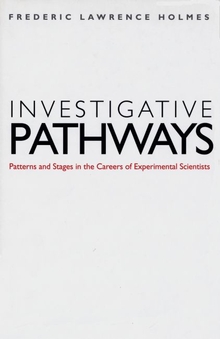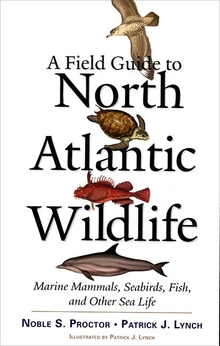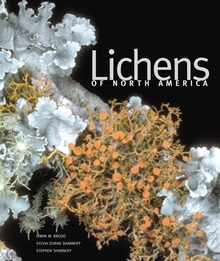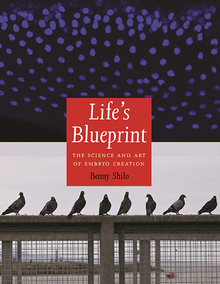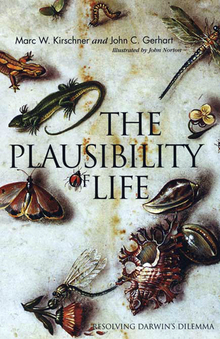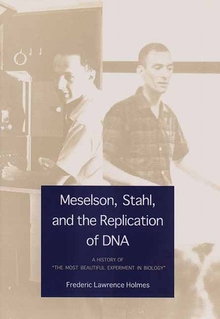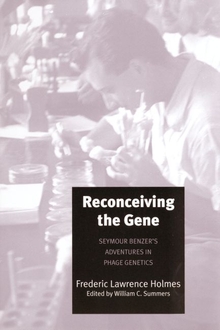Investigative Pathways
WARNING
You are viewing an older version of the Yalebooks website. Please visit out new website with more updated information and a better user experience: https://www.yalebooks.com
Patterns and Stages in the Careers of Experimental Scientists
Frederic Lawrence Holmes; With an afterword by Jed Z. Buchwald
This fascinating book is an investigation of scientific creativity. Following the research pathways of outstanding scientists over the past three centuries, it finds common features in their careers and their landmark discoveries and sheds light on the nature of long-term experimental research.
Frederic Lawrence Holmes begins by discussing various approaches to the historical study of scientific practice. He then explains three kinds of analysis of the individual scientific life: broad-scale, which examines the phases of a scientist’s career—apprenticeship, mastery, distinction, and maturity—over a lifetime; middle-scale, which explores the episodes within such a career; and fine-scale, which scrutinizes laboratory notebooks and other data to focus on the daily interplay between thought and operation.
Using these analyses, Holmes presents rich examples from his studies of six preeminent scientists: Antoine-Laurent Lavoisier, Claude Bernard, Hans Krebs, Matthew Meselson, Franklin Stahl, and Seymour Benzer. The similar themes that he finds in their work and careers lead him to valuable insights into enduring issues and problems in understanding the scientific process.
Frederic Lawrence Holmes was professor emeritus of the history of medicine at Yale University School of Medicine.
"In this admirable work, Holmes synthesizes what he has learned from his several prior monographic case studies of scientific creativity, and offers stimulating generalizations regarding the nature of the scientific enterprise, past and present. It will surely be regarded in the future as a classic in the field of history of science."—Alan J. Rocke, Bourne Professor of History, Case Western Reserve University
“This book restores to its rightful place the practice of the history of scientific thought and of laboratory life. It is a significant contribution to scholarship in the history of science.”—Diana Kormos-Buchwald, California Institute of Technology
"This book is unique in its thematic analysis of scientific careers from the eighteenth through the twentieth centuries. It exhibits great originality and exemplary scholarship."—Mary Jo Nye, Oregon State University
“This book captures the main themes of Holmes’s life work, especially his fascination with scientific creativity. Students aiming for careers in science will find much wisdom in these pages.”—Sharon Kingsland, Professor, History of Science and Technology, John Hopkins University
“Excellent. . . . This is a book that I will use in my own work. . . . A book review as short as this one can provide only brief glimpses of the richness, complexity and nuance of Holmes’s observations on experimental practice. I strongly urge you to read this truly excellent book in its entirety.”—Allan Franklin, American Scientist
"Anyone interested in scientific discovery must be just as grateful that he heeded [Petra Werner's] advice [to write the book]. The work marks the culmination of Holmes's personal investigative pathway."—Dean Keith Simonton, Journal of the History of Medicine
“Historians and scientists will find this little book both stimulating and informative. It will surely join that select group of classics that long outlive their authors.”—Robert Olby, Nature Magazine
“What Holmes does instead is something ambitious and original, creating a kind of blueprint for all research into the history of science. . . . A well-researched account.”—Charles Tanford and Jacqueline Reynolds, Nature Medicine
“As well as being a good read for anyone interested in the themes and figures mentioned, this book can serve as an introduction to issues that arise in the study of the history of science and an introduction to the author’s influential body of work.”—Robert Rosenberger, Quarterly Review of Biology
“There are several reasons why Holmes’ works should be of keen interest to many science educators and science education researchers. . . . Holmes does a masterful job of pulling together the close detail of the specific cases of the investigative pathways of individual scientists with general reflections on how these cases illustrate themes of scientific investigation more generally. . . . His careful and thorough analysis of the historical records left behind by this group of distinguished scientists leaves the reader with both a clearer understanding of how successful scientists pursue their research and an exemplary model of how historical data can be used to piece together the interplay of thought and action.”—Cory A. Buxton, Wiley InterScience
"This book is both broader in scope and more deeply probing of the investigative enterprise than any of Homes' individual case studies. Paradoxically however, the narrative structure of this book is such that each of the sections can stand alone and be read independently of the other structures. I could certainly see myself assigning part one, 'Interpretations of scientific discovery and creativity', in courses that explore issues of scientific creativity for example, or part two, 'Phases in the lifetime career', as the guiding compass for discussion on lives in science."—Neeraja Sankaran, Nuncius (Journal of the History of Science)
Publication Date: February 9, 2004
20 b/w illus.

